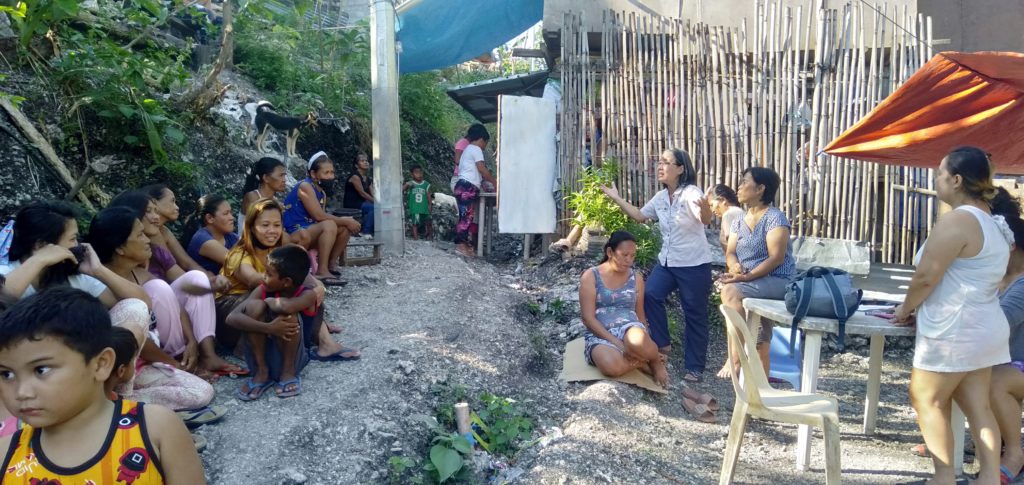Two published documents marked the end of the project Yo! Lead or Youth on the Lead.”
Started in July 2006 and ended on June 2010, the Yo!Lead or Youth on the Lead is a leadership program of the VPHCS for youth–initiated adolescent reproductive health advocacy and services in the provinces of Cebu, Bohol and Occidental Negros, Philippines that aims to promote increased practice of healthy reproductive and sexual health (RSH) behaviors among the youth.
It was funded by the Planned Parenthood Federation of America (PPFA- International).
The end of project document (EOPD) entitled, “Yo! Lead: Youth on the Lead, A Leadership Program for Youth-initiated Reproductive Health Advocacy and Services in the Philippines” is a 40-page book that synthesizes the highlights of the project. It also includes a summary of the sexual and reproductive health initiatives of 22 community-based youth organizations and seven school-based youth organizations in selected schools and communities in the three provinces with which the project worked. Best practices of four organizations and the Youth for Rights Network (Y4R) are also featured in the book. Various literary contributions are also included.
The second document is an end line reproductive health survey among the community-based and school-based partner youth organizations.
The end line survey was a follow-up of the baseline study conducted at the start of the project in July 2006 – October 2006. The baseline study was conducted to assess the level of knowledge, attitudes, behaviors, and beliefs regarding RH and their sexual and RH problems. The results of the study were then used as the basis to come up with youth-friendly projects that truly responded to their needs and concerns which the project implemented with the youth organizations.
The end line survey was conducted before the project ended in June 2010 among the members of the same 19 organizations which participated in the project at its start. Although respondents may be different from those who participated in the baseline survey, it was expected that because of the inputs of the project and the participation of the organizations in its implementation, the desired goal of increased practice of healthy reproductive and sexual health (RSH) behaviors among the youth would redound to their new members until the fourth year.
Thus, the end line survey measured the effectiveness of the project and noted that there was an improvement of the knowledge, attitudes and behaviors regarding RH and corrected mistaken beliefs and unhealthy practices among the youth.
After four years, the project has more than a hundred trained youth leaders and peer educators from schools and communities in the three provinces who are knowledgeable on SRH issues, effective communication, project management, and leadership development.



